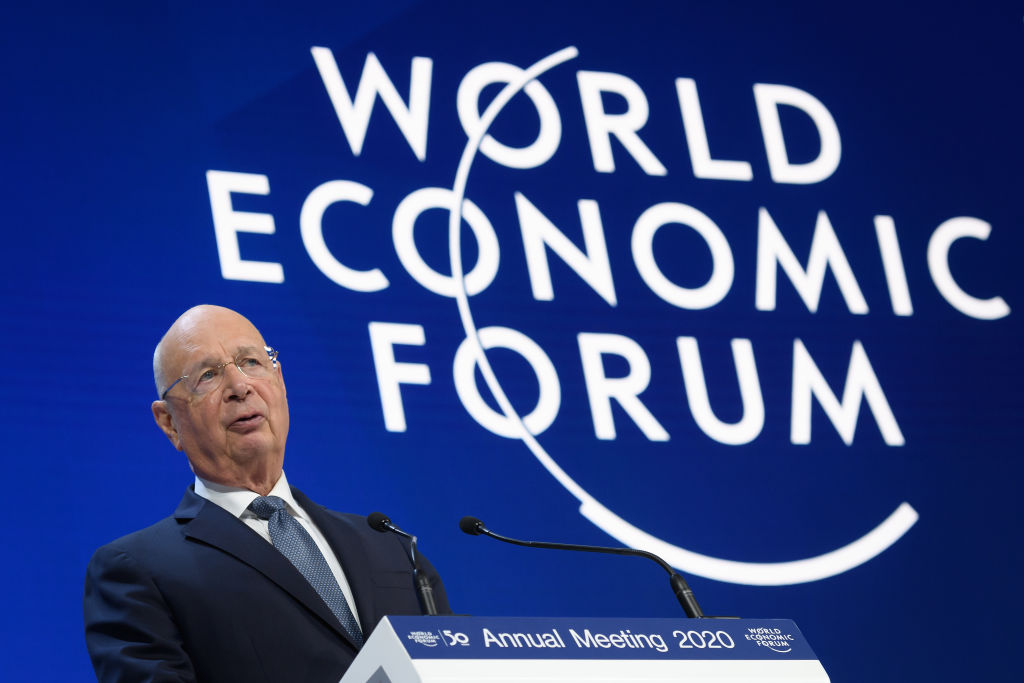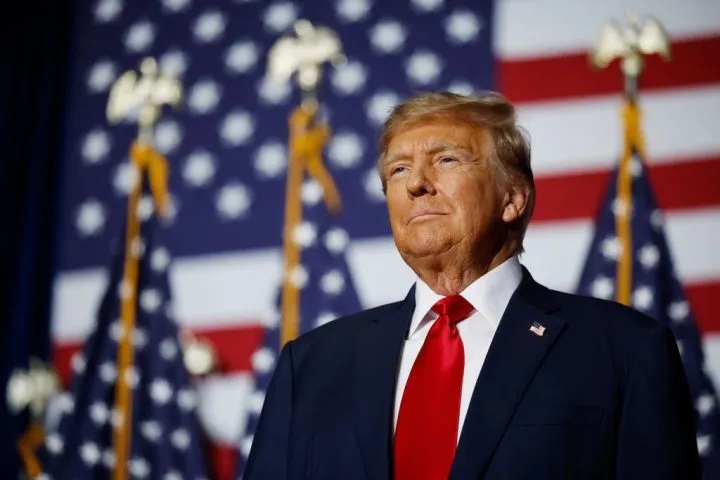I was recently asked to say a few words about “Globalism and Freedom” at a conference sponsored by Hillsdale College in Boise. Globalism, I said, is the enemy of freedom. Why? Because globalism systematically attacks and undermines the moral and political filiations that make genuine freedom possible.
In order to understand why this should be so, we must begin by pondering the word “globalism” and its adjectival personification “globalist.” Neither occurs in my thirteen-volume edition of the Oxford English Dictionary, which dates from the early 1960s. What does that tell us?
For one thing, it tells us that the term “globalism” and its cognates are neologisms. Neologisms come into being for a couple of different reasons. Sometimes they are invented to describe new states of affairs brought about by social or scientific innovations. Sometimes, however, neologisms are confected not so much to describe new realities as to help bring them about. Such, I believe, is the case with “globalism.”
“Globalism,” that is to say, is the name of an aspiration not yet a reality. At the center of that aspiration are two impulses, one critical or negative, the other constructive.
The negative side can be summed up in the great antithesis of globalism, which is national loyalty. The constructive side of globalism can be summed up in a single word, and that word is utopia.
Utopian fantasies are as perennial as they are vain. They insinuate themselves everywhere in the economy of human desire, not least in our political arrangements. Noticing the imperfection of our societies, we may be tempted into thinking that the problem is with the limiting structures we have inherited. If only we could dispense with them, we imagine, how much better things might be.
What a cunning, devilish word: “might.” For here, as elsewhere, possibility is cheap. Scrap our current political accommodations and things might be better. Then again, they might be a whole lot worse. Consider the host of tyrannies inspired by that disciple of airy possibility, Jean-Jacques Rousseau. “Man was born free,” Rousseau declaimed, “but is everywhere in chains”: two startling untruths in a single famous utterance.
Rousseau was keen on “forcing” men to be free. But we had to wait for his disciples Robespierre and Saint-Just to discover that freedom in this sense is often indistinguishable from what Robespierre chillingly called virtue’s “emanation,” terror.
Something similar can be said about Karl Marx, that other acolyte of unfettered possibility. How much misery has he underwritten, promising paradise but delivering tyranny, oppression, poverty and death?
It wasn’t so long ago I had hopes that the Marxist-socialist rot — outside the insulated purlieus of humanities departments at Western universities — was on the fast track to oblivion. Has any “philosophy” ever been so graphically refuted by events (or the number of corpses it created)?
Maybe not, but refutation, like reason, plays a much more modest role in human affairs than we might imagine. In fact, the socialist-inspired utopian chorus is alive and well, playing to full houses at an anti-democratic redoubt near you. Consider the apparently unkillable dream of “world government,” a sort of farm-team try-out for what we now call “globalism.” It is as fatuous now as it was when H.G. Wells infused it with literary drama toward the beginning of the twentieth century.
A sterling contemporary example is the Great Reset, recently proposed by the Davos-based World Economic Forum, which seeks — and I quote — “to revamp all aspects of our societies and economies, from education to social contracts and working conditions.” Exploiting the panic caused by the Covid-19 crisis, the WEF demands that “every country, from the United States to China, must participate, and every industry, from oil and gas to tech, must be transformed.”
Here at last was an opportunity to enact a worldwide tax on wealth, a far-reaching (and deeply impoverishing) “green-energy” agenda, rules that would dilute national sovereignty and insinuate politically correct attitudes into the fabric of everyday life. All this was being promulgated for our own good, of course. But it was difficult to overlook the fact that the WEF plan involved nothing less than the absorption of liberty by the extension of bureaucratic power.
The true political ends of such elite enterprises are generally swaddled in emollient rhetoric about freedom and democracy — what we have recently been taught to call “our democracy.” Thus the PR surrounding the WEF’s Great Reset is festooned with talk of “stakeholder capitalism,” “equality,” “sustainability,” and other emetic items from the lexicon of socialistically oriented political obfuscation. The reality is far darker.
The globalist alternative dangled before us is a version of utopia. But like The Wizard of Oz, it is all show and no substance. Or rather, the substance is an erosion of traditional sources of strength and identity together with an assault on the middle class and its “deplorable” values as an impediment to the realization of beatitude.
Increasingly, Western societies are reverting to a species of bifurcated society in which a tiny group of elites rules over a docile but imperfectly contented mass. What happens when the engines of prosperity falter is anyone’s guess. The commentator John O’Sullivan has spoken of the advent of “sacrificial utopia.” Only someone innocent of the writings of Orwell, and the machinations of communist despotism, will think that an ironical designation.
This article was originally published in The Spectator’s January 2023 World edition.

























